Russian-German training in humanistic psychodrama
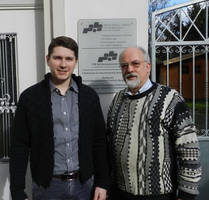
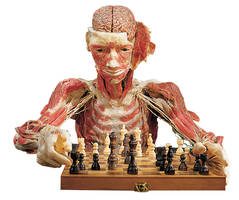
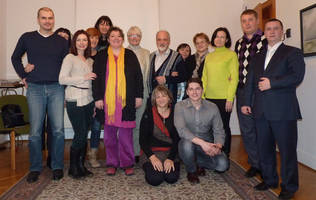
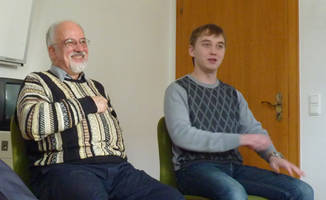
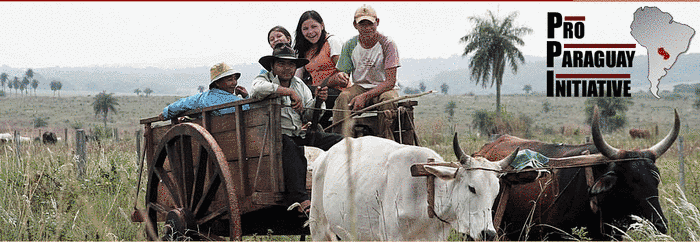
At the center of our training, we were invited to a second special exhibition in the city of Kempen. Hermann and Ute Schmitz have been involved in charity in Paraguay for 20 years: they develop foundations for humanitarian aid, provide free medical aid. With this exhibition they wanted to draw the visitors’ attention to the way of life of the native Paraguayans, their social and everyday problems. After the exhibition, during a joint dinner in a Turkish restaurant, Hermann Schmitz told us about his initiatives, about what has been done and what is still planned. A larger number of people around him are willing to commit themselves over a long period of time to help those in need.
On the last day of our trip we were invited to the city of Mühlheim by the music therapist Lüdger Sümpelmann. Lüdger introduced us to the organizations where he works with children and young people. One of them – “Ginko” – is a foundation for addiction prevention (alcohol consumption, smoking, drugs). Armin Köppe, employee of the foundation, introduced us to his professional work. We were amazed at how big the organization is and how many methods it uses. For example, in North Rhine-Westphalia there are around 130 branches. We also visited some children’s homes, where they work with children with difficult social situation and difficulties in mental development. It is interesting that they live, study and receive therapy in one and the same facility, which is very well equipped.
The free time in the evening and another day off enabled us to arrange the training and travel program through German cities. We express our thanks to the management of the Kostroma State Nekrasov University, to the management of the Bergerhausen Psychotherapeutic Institute and to Prof. Dr. Hans-Werner Gessmann personally.
